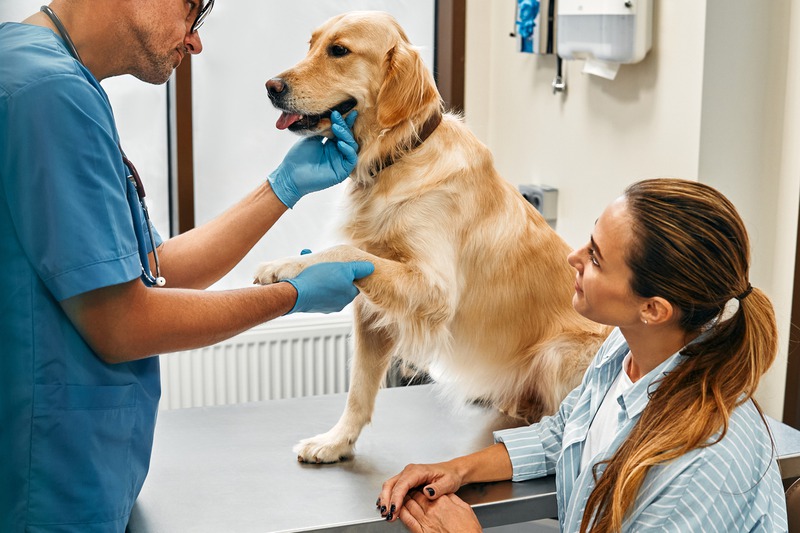As pet parents, we want our furry family members to live long, happy lives. Good nutrition, plenty of exercise, and an abundance of love are all key ingredients to achieving this. However, there’s another piece of the puzzle that sometimes gets overlooked: routine veterinary exams. Just like us, our pets need regular check-ups to ensure they’re in tip-top shape. But how often should you take your companion to the vet? Let’s find out the ideal schedule for your pet’s routine check-ups and the benefits of keeping them up to date.
The Importance of Routine Vet Visits
Understanding the significance of regular vet visits is crucial for maintaining your pet’s health. These check-ups serve as an early warning system for potential health issues, allow for the upkeep of vaccinations, and more. Here’s why they’re essential:
-
Early disease detection and prevention
-
Up-to-date vaccinations and parasite control
-
Professional advice on diet, behavior, and general care
-
Monitoring growth and changes in your pet’s development
Puppy and Kitten Care
The early stages of a pet’s life are filled with rapid growth and changing health needs. Young pets, similar to human infants, require a series of initial health checks to set them on the right path. Vaccinations protect them from various serious diseases, and it’s during this time that they should receive their puppy and kitten shots.
Adult Pet Care Frequency
As pets transition to adulthood, the frequency of vet visits changes. For most healthy adult dogs and cats, a yearly check-up encompasses everything from physical exams to dental evaluations. Let’s talk about how embracing annual visits can be a turning point in your pet’s health journey.
Spotlight on Senior Pets
Our seasoned companions often require more frequent visits to the vet. If you have a pet over 7 years old, consider biannual check-ups to catch any age-related issues early on. These visits provide peace of mind and contribute to better management of chronic conditions.
Dental Health Check
Your pet’s smile says a lot about their health. Learn why annual oral exams are crucial and how a visit to a pet dentist in Franklin could prevent serious health issues and keep those pearly whites in perfect condition. Never underestimate the power of a healthy mouth!
Tailored Care for Special Cases
Some pets, due to their breed or ongoing health conditions, may need a different approach to their vet visit schedule. Discover how customizing your pet’s medical plan according to their unique needs can enhance their well-being and longevity.
Preventive Health Measures in Focus
Skipping on flea, tick, or heartworm preventatives is not an option if you want to keep your pet healthy. We’ll dive into the necessary steps of maintaining these routine preventive measures and how they integrate with your vet visits.
The Latest Treatments
In an era full of medical advances, new treatments such as pet’s laser therapy treatment offer additional options for pain management and healing. These are worth discussing during your pet’s routine exams for an integrated approach to health.
Vaccinations: On Schedule
Keeping track of your pet’s vaccination schedule is essential. Learn how to navigate the world of vaccines beyond the initial puppy and kitten shots to ensure lifelong protection against preventable diseases.
Nutrition and Weight Management
What your pet eats matters just as much as their medical care. During routine visits, your vet can guide you on the best nutritional choices and help manage your pet’s weight, keeping them in the best possible shape.
Urgent Vet Visits
Sometimes, pets need immediate medical attention outside of their regular exams. Recognizing the signs that indicate your pet should see a vet right away can be life-saving. Know when to act swiftly to safeguard your pet’s health.
Final Thoughts
Embracing the responsibility of scheduling routine veterinary exams is one of the most loving actions we can take as pet owners. It’s a step towards ensuring our pets enjoy a full and healthy life. Keep this guide close to heart, and always put your pet’s health first.


